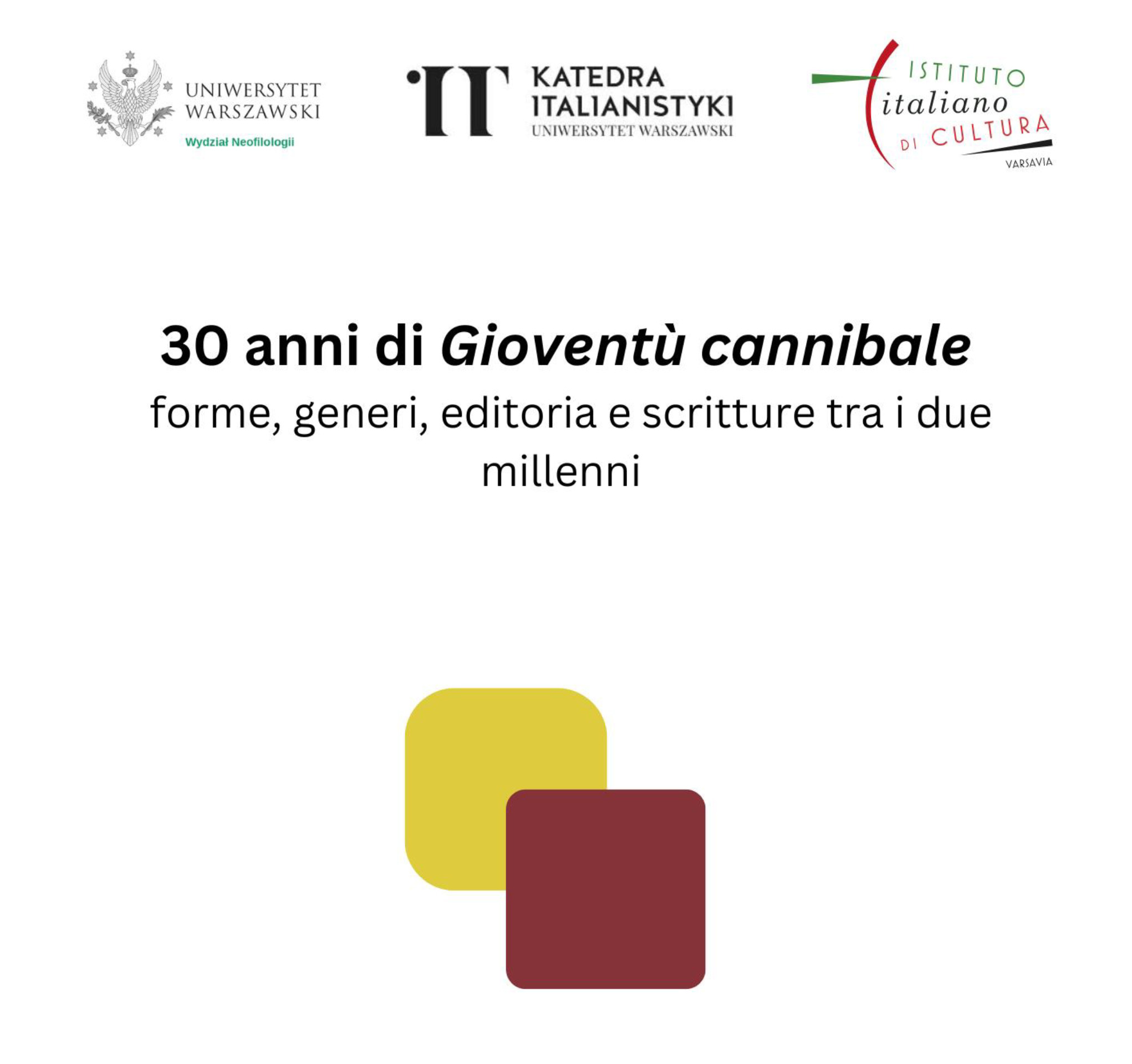
Testimony, Memory, and Self-Construction
University College Dublin, 8-9 December 2023
The diary proved an important form of writing during the 20th century, particularly for its engagement with self-definition and memory. In the early decades of the century, it enabled a new exploration of individual personality influenced by late-nineteenth-centurypsychology and philosophy. It can thus be read as an introspective prism displaying the author’s psychological, moral, and physical evolution in a different light from what would have been conceivable before. Around mid-century, it offered diarists a powerful tool to document and elaborate the trauma of the two wars, the self-threatening policies of totalitarian regimes, and the very physical threat of genocide. This kind of diary is a testimonial object of and against war. In the final decades of the century, diaries were written in an individualistic and expressivist society which increasingly blurred the boundaries between reality and fiction. They could thus become the chosen medium for postmodernist literary experimentation and invite a form of self-construction which is a precursor of (but remains very different from) the instantly public self-accounts of present-day blogs and vlogs.
This two-day conference aims to observe these and other evolutions of the twentieth-century diary, exploring their interplay with traditional assumptions about the diary as a repository of memories, an outlet for feelings, as an embodiment of the self, and a concrete means for its preservation. To this end, we invite scholars working from a wide range of disciplines on diaristic writing from different perspectives, with a particular preference for transnational and comparative approaches. Potential topics for papers include, but are not limited to:
The conference will be held in person at UCD to facilitate interaction among panelists, and streamed online to allow for a wider attendance. Four travel grants will be offered for PhD, early-career, and independent researchers who cannot rely on institutional funds.
Please send your title, abstract for a 20-minute paper (max 250 words), and short bio (max 100 words) to ucdiaries2023@gmail.com by 31 May. Let us know in your email if you would need to be considered for the travel grant. While the preferred language for abstracts and papers is English, we are open to considering papers and panels in other languages: please contact us to discuss potential options.
